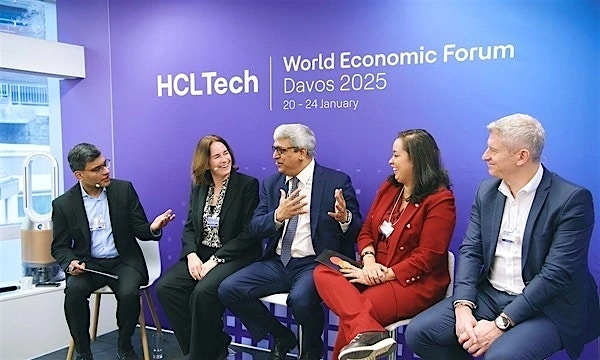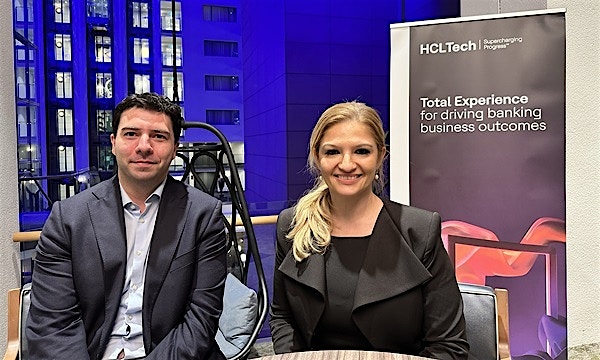Australia has been discussing the adoption of tokenized money, as it believes this could save billions of dollars in costs in their domestic financial markets.
Assistant Governor of the Reserve Bank of Australia (RBA), Brad Jones, told Reuters that the RBA has been assessing how tokenized asset markets could be developed and supported by various forms of digital currency and infrastructure.
On par with what the Rishi Sunak government in the UK did in January, the Anthony Albanese government on Monday outlined proposals for regulating crypto and digital assets.
“Our overarching position is that we remain openminded to the functional forms of digital money and supporting infrastructure that could best support the Australian economy’s future,” Jones told Reuters.
Subject to existing Australian financial services laws, these regulations will require platforms operators to obtain an Australian Financial Services License based on standards for holding tokens, for custody software and token transaction.
Even though hypothetical at this stage, Jones — who’s also the head of the RBA’s financial system division — believes tokenization could deliver annual transaction savings of around $8.2 billion to issuers in the capital markets, providing increased liquidity.
He added that billions of dollars could also be saved in increased trading volumes and instant swapping of an asset for a payment or an atomic settlement, particularly on cross-border payments.
Central bank digital currency
The RBA has also been contemplating issuing its own central bank digital currency (CBDC). This CBDC would not only help facilitate atomic settlement in tokenized asset markets, but a wholesale CBDC could also act as a complement to tokenized bank deposits and asset-backed stablecoins.
By mid-2024, the RBA and Treasury aim to publish a joint report to provide a stock take on CBDC research and set out a roadmap.
“How we arrange our monetary system to better support the Australian economy in the digital age is now a key priority for the bank,” Jones added.
Powering tokenization
This is where HCLTech OBOL can help the Australian economy by enabling tokenization of assets as fungible and non-fungible tokens.
Powered by HCLTech CoTrust™, it’s a highly scalable, cost-effective and easy-to-integrate blockchain platform that supports multiple blockchain engines and is architected to deploy on AWS.
Functioning as a managed blockchain application platform, CoTrust™ services sit on top of various blockchain engines, such as AWS Managed Blockchain and simplifies blockchain tokenization.
OBOL allows an enterprise to fractionalize its physical and digital assets to achieve liquidity and market reach. It accelerates the tokenization go-to-market process for an asset using pre-built smart contracts and promises better auditability for asset transactions and ownerships using blockchain. It also efficiently connects the digital asset ecosystem participants and enables real-time settlement of the asset transactions.





